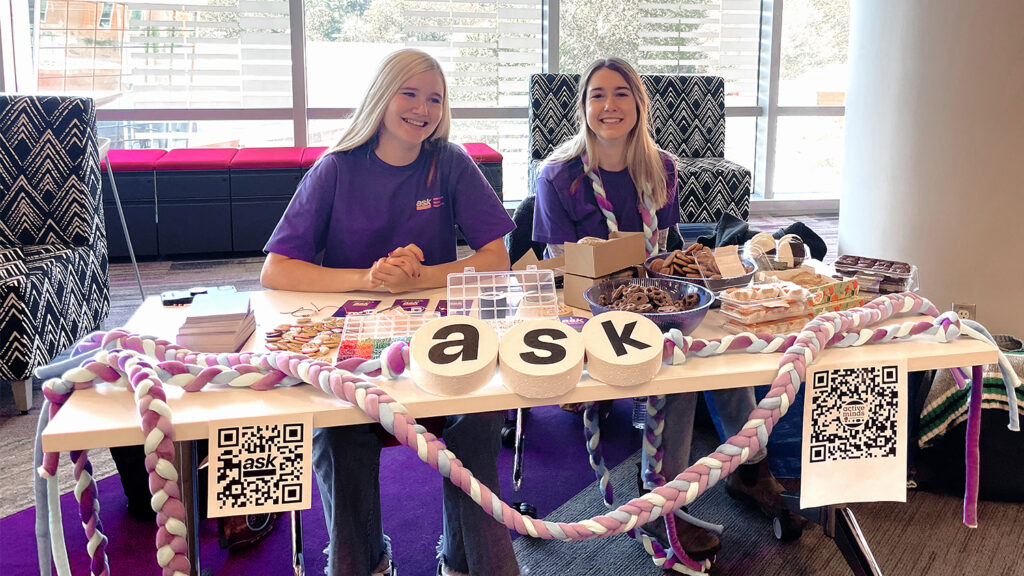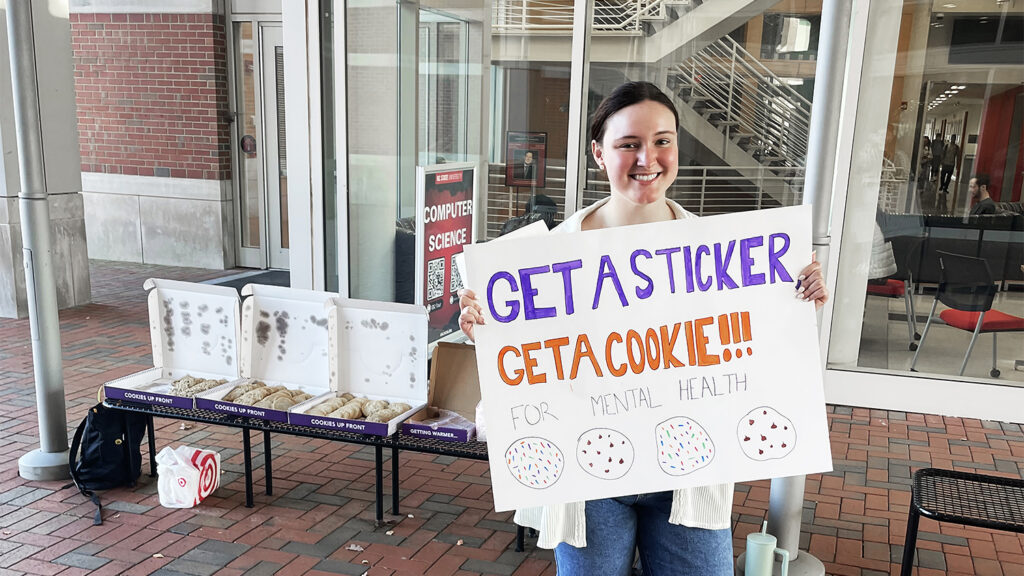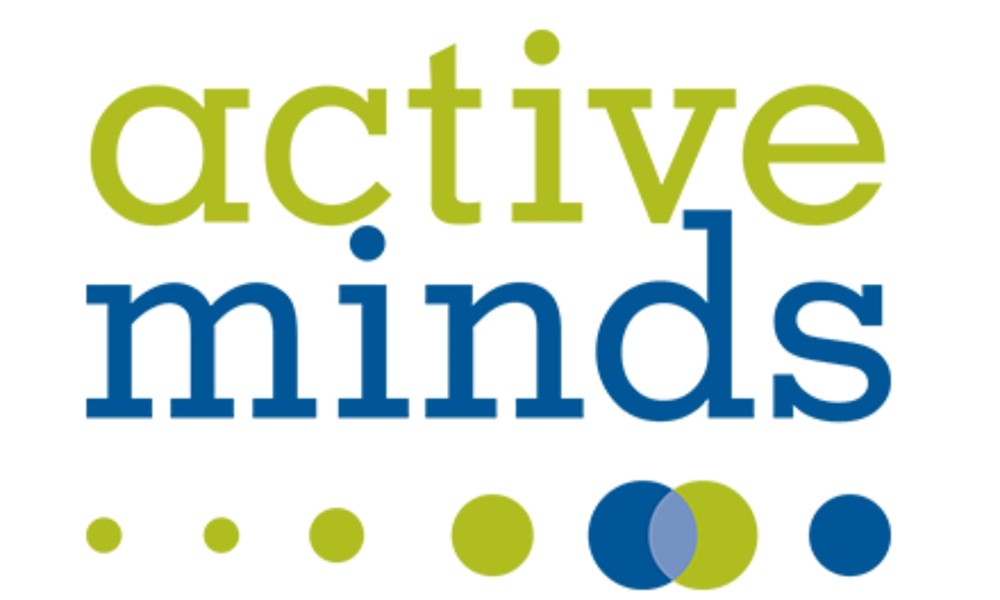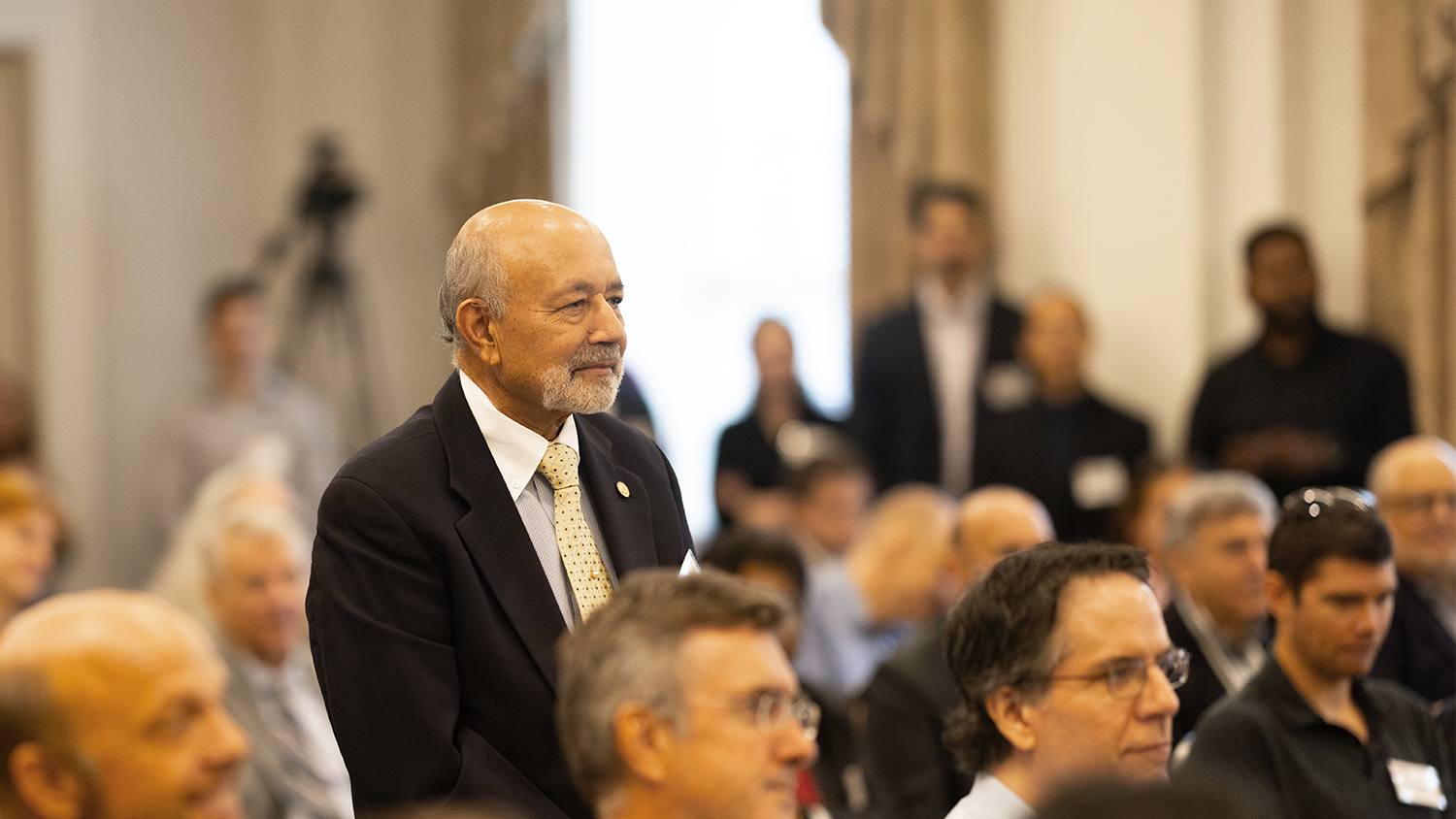Sav Powers knew she wanted to do something to help her fellow engineering students with their mental health. She just didn’t know what.
Powers, who recently graduated with a B.S. in chemical engineering, reached out to Lisa Bullard, Alumni Distinguished Undergraduate Professor and director of undergraduate studies in the Department of Chemical and Biomolecular Engineering, to ask for her advice. Bullard encouraged Powers to connect with her fellow students.
“So I thought, let me start in chemical engineering,” Powers said. “I asked if she could send out an email for me, asking if students wanted to be involved in a chemical engineering mental health advisory board, and so she sent us an email.”
When Powers was flooded with responses wanting to help, her plans expanded to encompass the entire College of Engineering (COE).

“I wanted to make a difference on campus in my last year because I know that there’s something that we can do as students,” she said. “There’s something that we can do to bring some hope to campus.”
She reached out to the COE Office for Diversity, Equity and Inclusion for advice and met with Angelitha Daniel, the College’s assistant dean for diversity, equity and inclusion. Daniel told her about Active Minds, a national organization founded by Alison Malmon, who created the group as a junior at the University of Pennsylvania in 2003 following the death of her brother by suicide.
Shortly after, one of Powers’ professors recommended she join up with Abigail Wucherer, who graduated in spring 2024 with a B.S. in mechanical engineering. Together, they created an Active Minds chapter on campus in fall 2023.
“One of my childhood best friends was one of the students who died by suicide last year,” Wucherer said. “And so it was really in an enormous place of grief that I got connected to Sav. She’s very optimistic, very hopeful about what kind of impact we could have on the College of Engineering, and to both honor my friend and in being very aware of the mental health crisis on campus, I started working with her to see what we could do.”
The Active Minds parent organization, headquartered in Washington, D.C., now has 1,000 chapters across campuses and communities in the U.S. They work with millions each year through awareness campaigns, events, advocacy, outreach and more.
“We’re trying to change the conversation about mental health on campus and create opportunities for us to connect students and faculty members to the resources that are present…”
– Abigail Wucherer
As an official chapter, Active Minds leaders at NC State University are responsible for submitting a chapter report each quarter. In return, the national organization shares resources such as stickers, pins and bracelets to give out. They have also been in communication with the Active Minds chapter at the University of North Carolina at Chapel Hill.
“Active Minds is a national nonprofit with a global presence,” said Wucherer. “There are high school chapters, college chapters and there’s presence in workplaces. They’re everywhere. They’re very well established with a ton of resources.”
Together with Daniel, who is their faculty advisor, Powers and Wucherer organized a campaign in classrooms, during which they shared mental health resources with professors. They worked with Jim Pfaendtner, Louis Martin-Vega Dean of Engineering, to share a video about his mental health journey during Stress Less Week in February. A big part of their work is making students aware of the resources available, such as the embedded counselors.
One of the initiatives Wucherer is most proud of is their successful campaign to get phone numbers for a mental health crisis line added to student ID cards.

“Our long-term plan is to get these crisis line numbers printed,” she said. “But we were able to get temporary stickers to add to student ID cards in the meantime. We distributed over 4,000 of those stickers with Insomnia Cookies last semester. It was a huge effort with over 40 volunteers to pass out these stickers and cookies over a two-week span, but was really, really successful, and it’s great to see the student reaction to it and provide space to have a conversation about mental health on campus.”
Active Minds also set up wellness stations during the exam period, where they distributed candy and did fun activities with their fellow students.
“We’re trying to change the conversation about mental health on campus and create opportunities for us to connect students and faculty members to the resources that are present on campus and make sure that everyone knows that they have access to help should they need it,” Wucherer said.
“The majority of the time, a student will turn to a peer before anyone else when they’re struggling with their mental health,” she added. “We want to make sure that students are equipped to be able to address that. The expectation is not that the student is acting as a therapist, but can connect them to the counseling center and all of those various resources.”
Powers and Wucherer hope the organization will live on beyond their time at NC State. Last year, they had about 50 students in the club.
“We are currently working on future leadership,” Powers said. “We’ve been sending out emails and we have some students who would like to be in future leadership. We have identified several new leaders who we’re trying to train and then also we’re just open to looking for new leaders, anyone who wants to join and be a part of Active Minds.”
- Categories:



